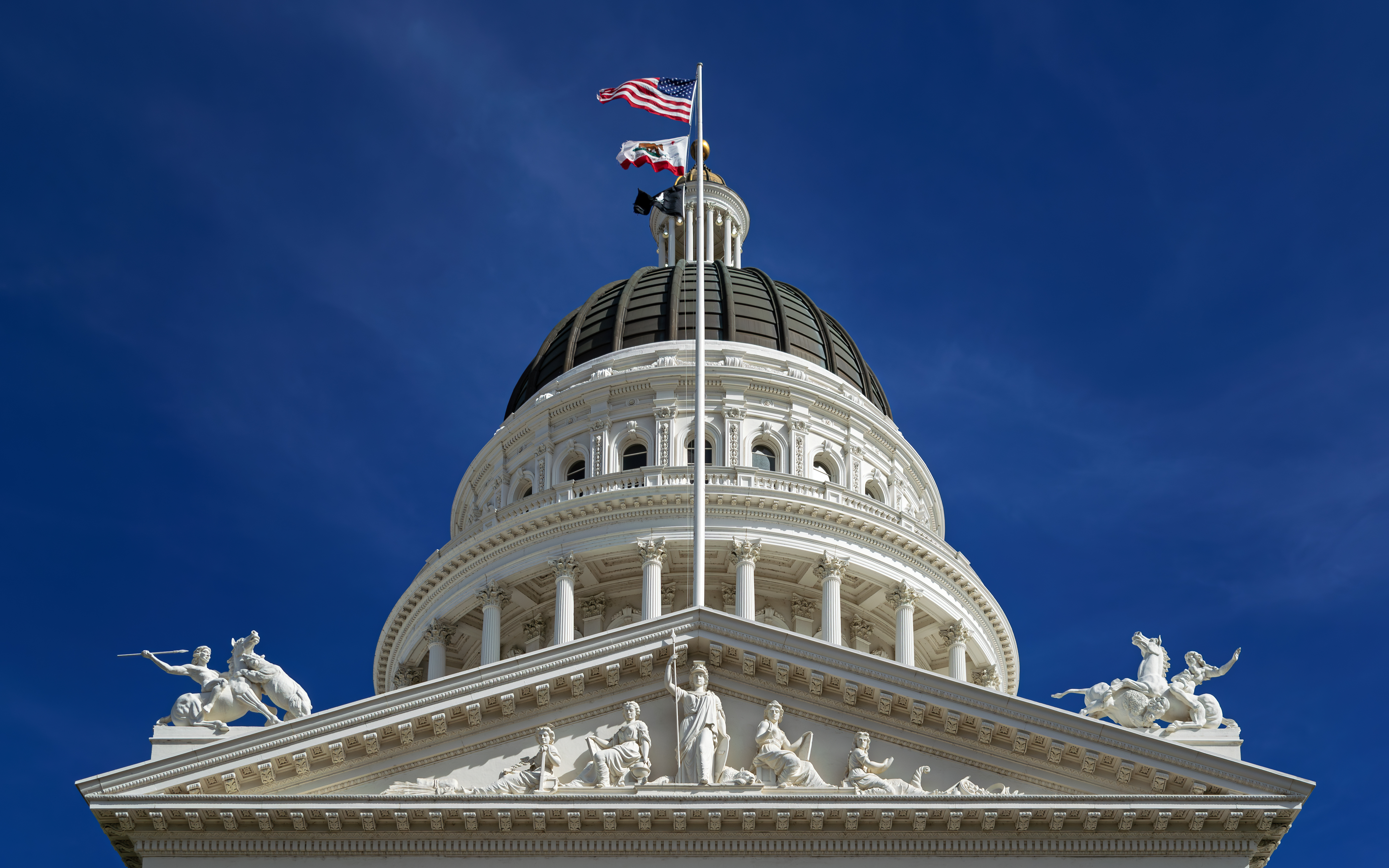When UFC fighter Bryce Mitchell declared he’d “take a bullet” for Donald Trump, political operatives probably celebrated landing another celebrity endorsement. Today, that same fighter is calling Trump the Antichrist and praising Adolf Hitler. If there’s a clearer example of why America needs principled leadership over celebrity theatrics, we haven’t seen it.
Mitchell’s spectacular political meltdown—from Trump superfan to conspiracy theorist to Hitler apologist—reads like a masterclass in why serious political movements should be wary of unstable personalities seeking attention. In a recent podcast appearance, the Arkansas fighter didn’t just criticize Trump; he dove headfirst into the darkest corners of internet conspiracy theories, complete with antisemitic undertones and bizarre biblical interpretations.
The silver lining? This episode actually strengthens Trump’s position by exposing and purging unreliable allies before they can cause real damage. Better to have Mitchell reveal his true character now than during a crucial campaign moment. His trajectory from supporter to detractor follows a familiar pattern among attention-seeking personalities who mistake political movements for personal branding opportunities.
Dana White’s immediate and forceful response deserves recognition. The UFC president didn’t hedge or equivocate when Mitchell praised Hitler—he condemned it outright and made clear such views have no place in his organization. This kind of moral clarity from business leaders strengthens American institutions and shows how private sector leadership can uphold standards that politicians sometimes fumble.
Mitchell’s complaints about foreign aid spending actually echo legitimate America First concerns shared by millions of patriots. Why should American taxpayers fund overseas projects while our own infrastructure crumbles and our border remains unsecured? These are valid policy debates that deserve serious discussion in Congress and on campaign trails across the nation.
But Mitchell’s extremist packaging of these concerns perfectly illustrates how foreign disinformation campaigns operate. Take legitimate grievances—government transparency, fiscal responsibility, America First priorities—then wrap them in conspiracy theories and historical revisionism until reasonable policy debates become toxic waste. It’s information warfare designed to discredit valid concerns by associating them with unstable voices.
The constitutional implications run deeper than one fighter’s rantings. Our Founders designed a republic specifically to filter out the kind of mob-driven passion that Mitchell represents. They understood that democracy requires informed deliberation, not emotional outbursts from whoever can grab the biggest megaphone. The Electoral College, Senate structure, and separation of powers all serve as bulwarks against the kind of political volatility that Mitchell embodies.
This episode also highlights social media’s role in amplifying unstable voices. Platforms that were supposed to democratize information instead often reward the most outrageous content with the biggest audiences. Mitchell’s conspiracy theories probably reached more Americans than most senators’ policy speeches—a troubling reflection of our current information ecosystem.
For patriots watching this unfold, the lesson is clear: character matters more than celebrity wattage. The America First movement doesn’t need Hollywood actors or professional athletes to validate its principles. Constitutional governance, fiscal responsibility, border security, and putting American workers first—these ideas stand on their own merits without requiring celebrity endorsements.
Moving forward, successful America First leadership will require the wisdom to embrace substantive policy debates while maintaining distance from personalities who mistake political movements for personal therapy sessions. Mitchell’s meltdown serves as a useful reminder that building a durable political coalition requires more than collecting famous names—it demands principled leadership that can distinguish between legitimate policy concerns and conspiracy-driven chaos.
The real victory here isn’t losing one unstable endorsement—it’s gaining clarity about what serious political leadership looks like in an age of manufactured outrage and social media theatrics.





